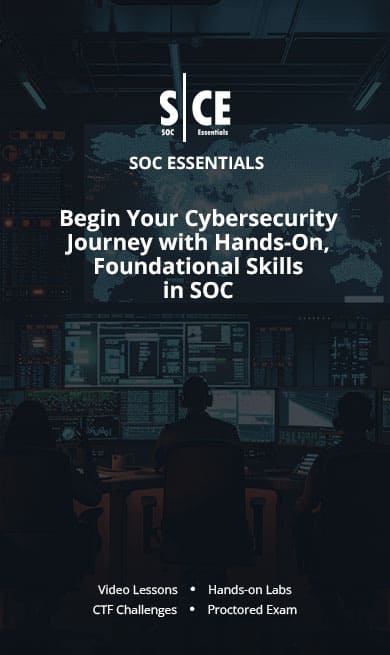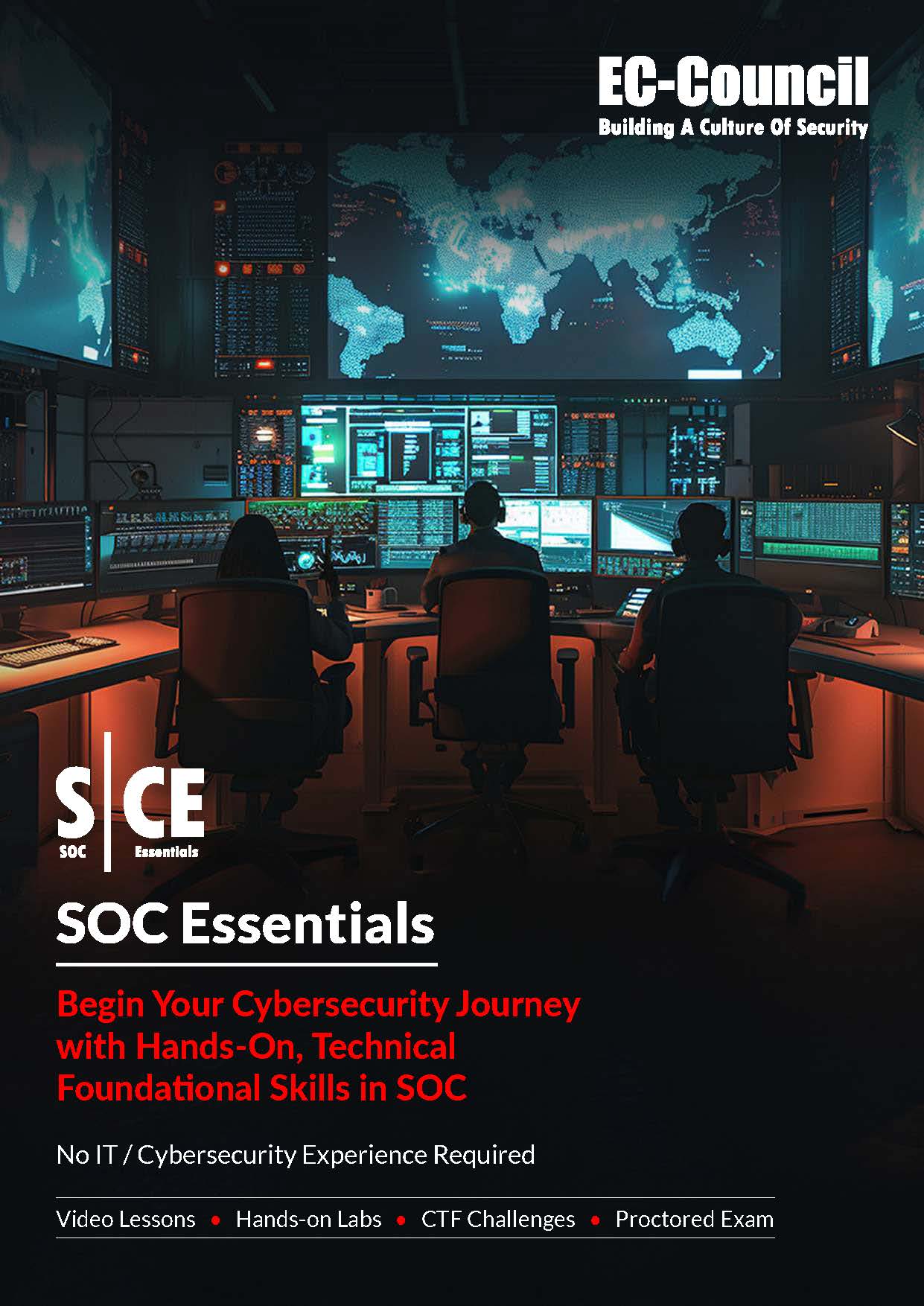What Skills You’ll Learn
- Learn the basics of computer network
- Dive deep into the cyber threat concepts like threats, vulnerabilities, and attacks.
- Gain insights into the Security Operations Center (SOC) architecture and learn the importance, workflow, and processes of SOC.
- Understand advanced architectural concepts like SIEM architecture and deployment models.
- Learn what log management is and its key parts, like events, logs, and incidents.
- Learn how you can perform centralized management of logs.
- Gain knowledge on dashboards, reports, and incident escalation in terms of dealing with real positive and false alerts.
- Discover the sources, types, and lifecycle of threat intelligence and get introduced to threat hunting.
- Deep dive into the Incident response lifecycle.



















